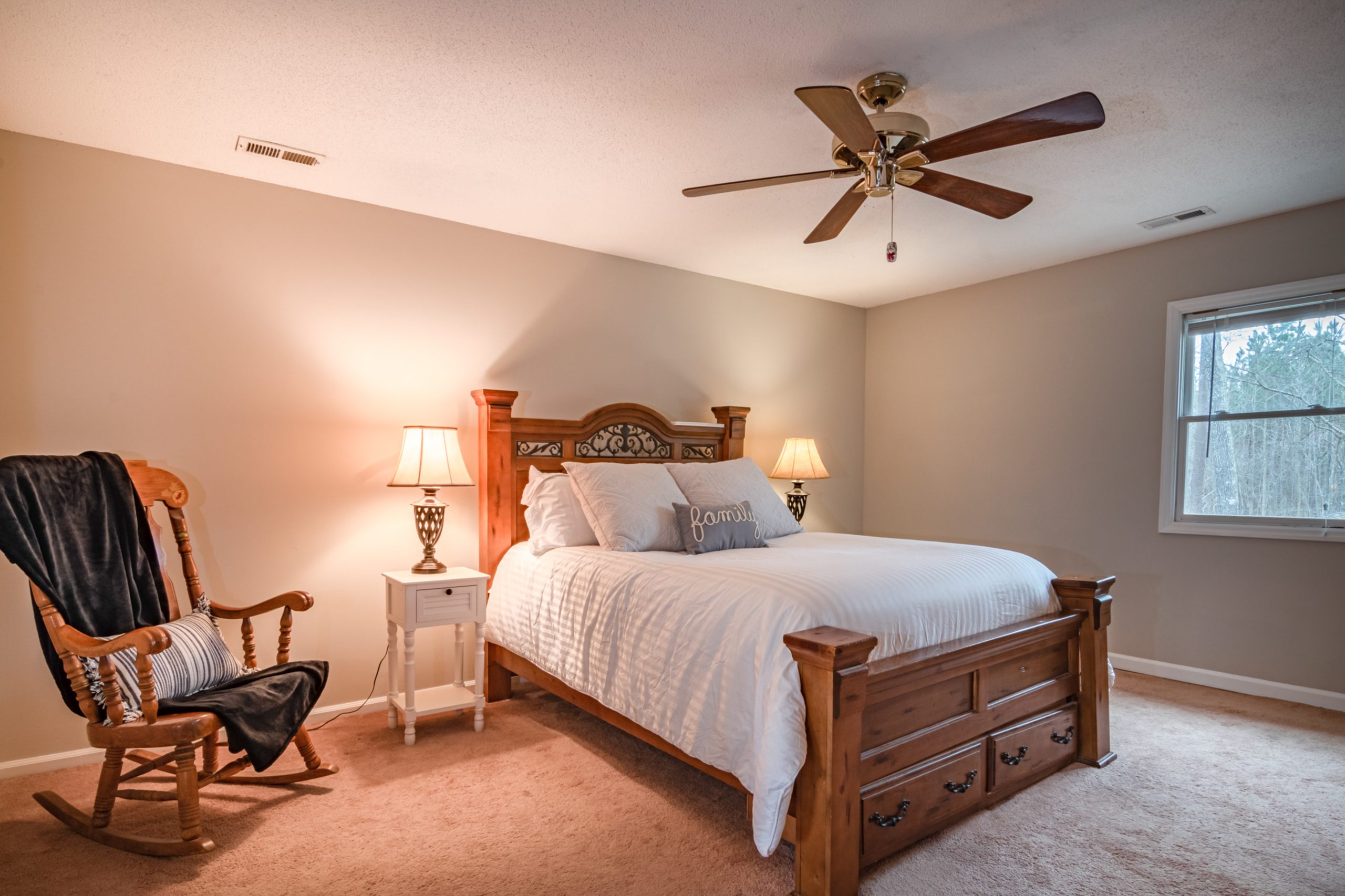Temperature and Sleep – How are they related?

The 5 R’s of sustainability
December 1, 2020
How often should I rotate or flip my mattress?
December 12, 2020
It might seem like another dimension, but not so long ago, we were tossing and turning trying to sleep in temperatures that were too hot. This summer was one of the hottest on record, but, if this year is anything to go by, we can guarantee the winter will be just as harsh. Nothing surprises us anymore. If you’re anything like us, you’ll be putting your summer duvet away and ramping up the tog.
It might surprise you to know that this might shock your system. When the temperature changes, it can impact the quality of our sleep, especially if we aren’t careful to do what we can to neutralise the environment, so that our body is given what it is used to. This isn’t just observation, it’s science. There’s a reason we struggle to sleep when it’s too hot or cold, and that’s because temperature does have a physical impact on how our body acts, and therefore the quality of our shut-eye.
In fact, going to sleep impacts your body temperature by its very nature. The two go hand in hand. When your body releases melatonin, your body loses an additional one to two degrees of heat compared to the daytime norm. The process starts almost as soon as you settle, and speeds up the onset of sleep.
In fact, the ability to sleep has a proven link with the body’s ability to thermoregulate. If you’re not sleeping, your temperature will be affected, and if the temperature is all wrong, you might find you can’t sleep. The two are vital to each other. The core body temperature, also known as the core, operates in a cycle alongside your body’s sleep/wake rhythm. During the nocturnal sleep phase, your body temperature decreases, then increases again in the wake phase, continuing repeatedly in a 24 hour cycle. This relationship between the daylight and your body temperature is important for sleep quality. If it’s messed up, you might find you have a poor night’s sleep.
Body temperature and sleep
The primary force causing Tcor decrease is peripheral skin temperature, known as ‘Tsk’. This plays a central role by adjusting the blood flow to the skin, enabling a larger inflow of heated blood from the core, which facilitates heat loss to the environment through the skin surface. Basically, your body works to cool you down before you sleep by widening your blood vessels.
When blood vessels widen, it’s called vasodilation. This process promotes the rapid onset of sleep by encouraging the secretion of melatonin. Decreases in body temperature during this time also help automate your heart rate.
Temperature in the bedroom
Struggling to sleep could be an indication your bedroom is too hot or too cold, which can leave your body yearning for a temperature adjustment. The ideal temperature for your bedroom if you want to sleep well is personal from person to person, but scientific research puts it at somewhere between 60 – 80 degrees fahrenheit.
Humans have evolved a variety of neurological and behavioural mechanisms that coordinate cycles of thermoregulation and sleep, so you should have no problem regulating your own temperature, even if your room is slightly too hot or cold for your personal taste, but the relationship between temperature and sleep is fundamentally important. You should do your best to aid your body by giving it the correct temperature by putting the heating on if it’s too cold, or opening a window if you are warm. You can also adjust the thickness of your duvet, or consider a mattress that regulates your body temperature. Those are ideal for couples, where perhaps one of you likes a warmer bedroom and the other likes things a little cooler.
The benefits of a breathable mattress
Previously, mattresses were made from natural materials, but the industrial revolution and a desire by corporates to make as much money as possible means there are now cheaper, synthetic mattresses available everywhere.
The problem with synthetic mattresses is that they are often not breathable, which means your body is on it’s own when it comes to thermoregulation. If there are two of you and if you prefer different sleeping temperatures, this can make it difficult, because your man-made mattress is absolutely unsupportive when it comes to helping heat you up or cool you down.
Mattresses made from natural materials – like Ely Mattresses – help regulate your body temperature. They are breathable, allowing significant airflow, and wick away moisture, which will help you if you sweat.
If you’re a hot sleeper, avoid man-made materials like polyester, which trap heat, and opt instead for wool, cotton and linen.
Ely natural cotton mattresses are free from chemicals, naturally insulating, breathable, and naturally hypoallergenic. They’re free from unnatural substances and naturally fire retardant. They contain no chemical sprays.
Ely mattress materials behave like pocket springs. They include organic wool, which regulates body temperature. They’re a safe and comfortable sleep solution and an easy, healthy cure for your temperature related sleep issues.